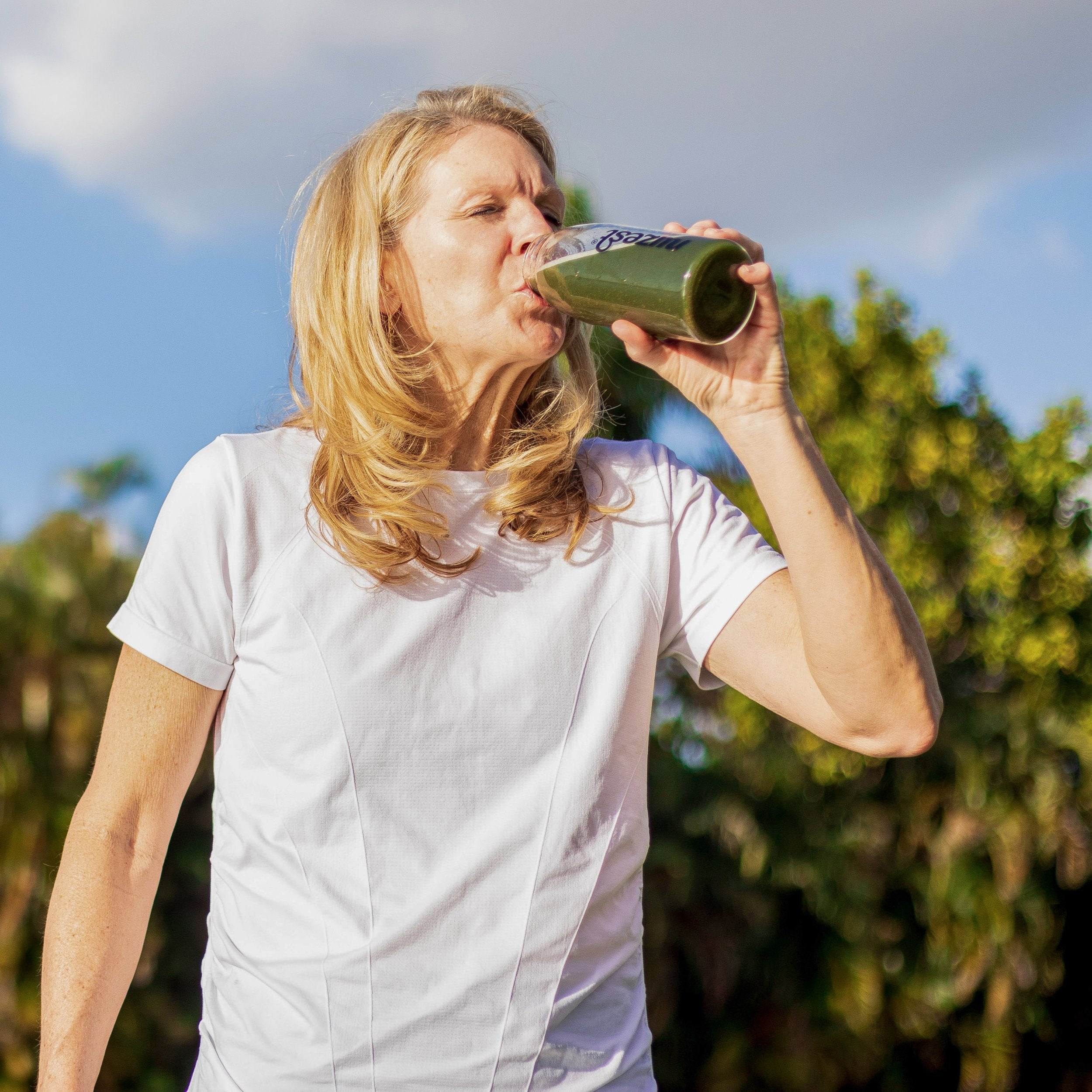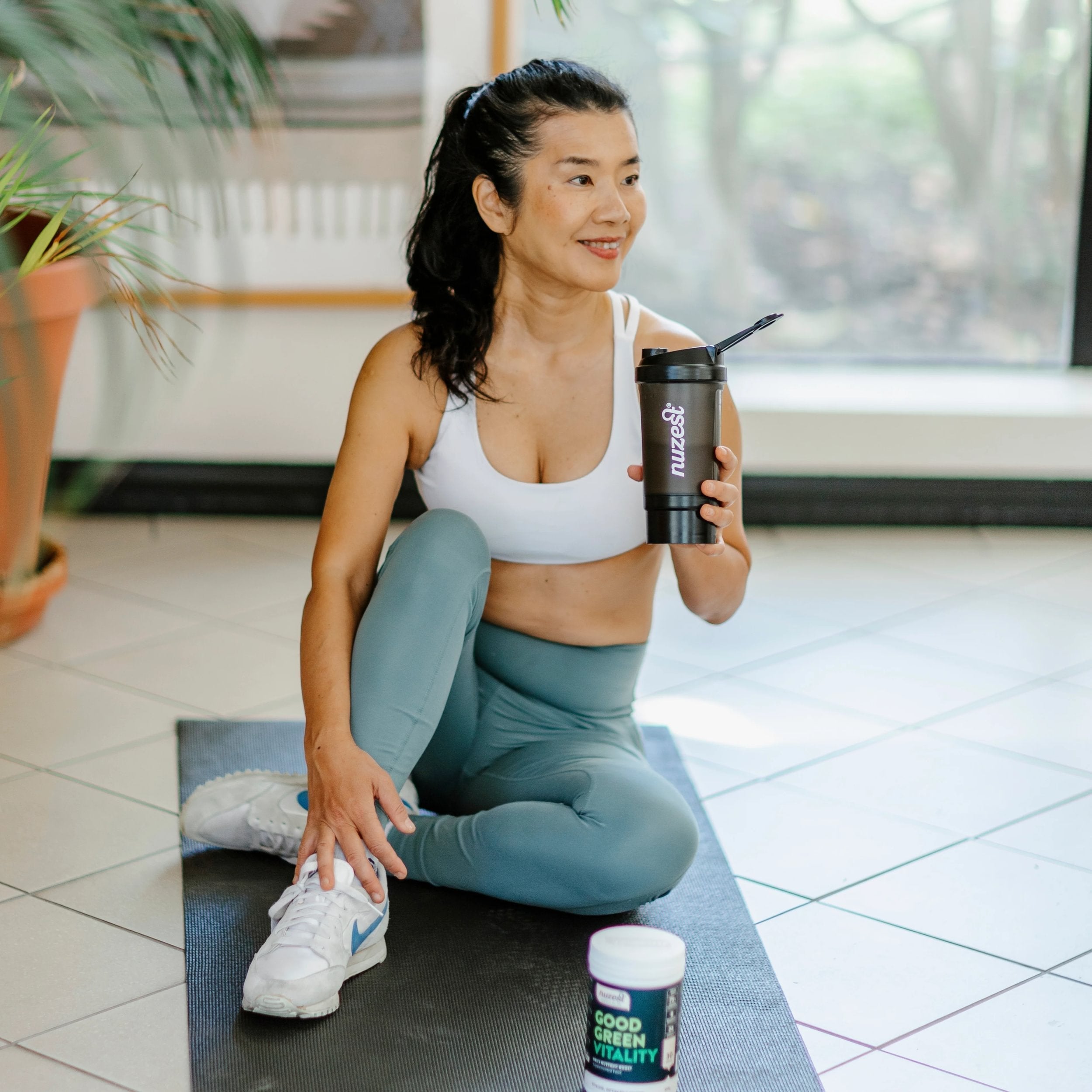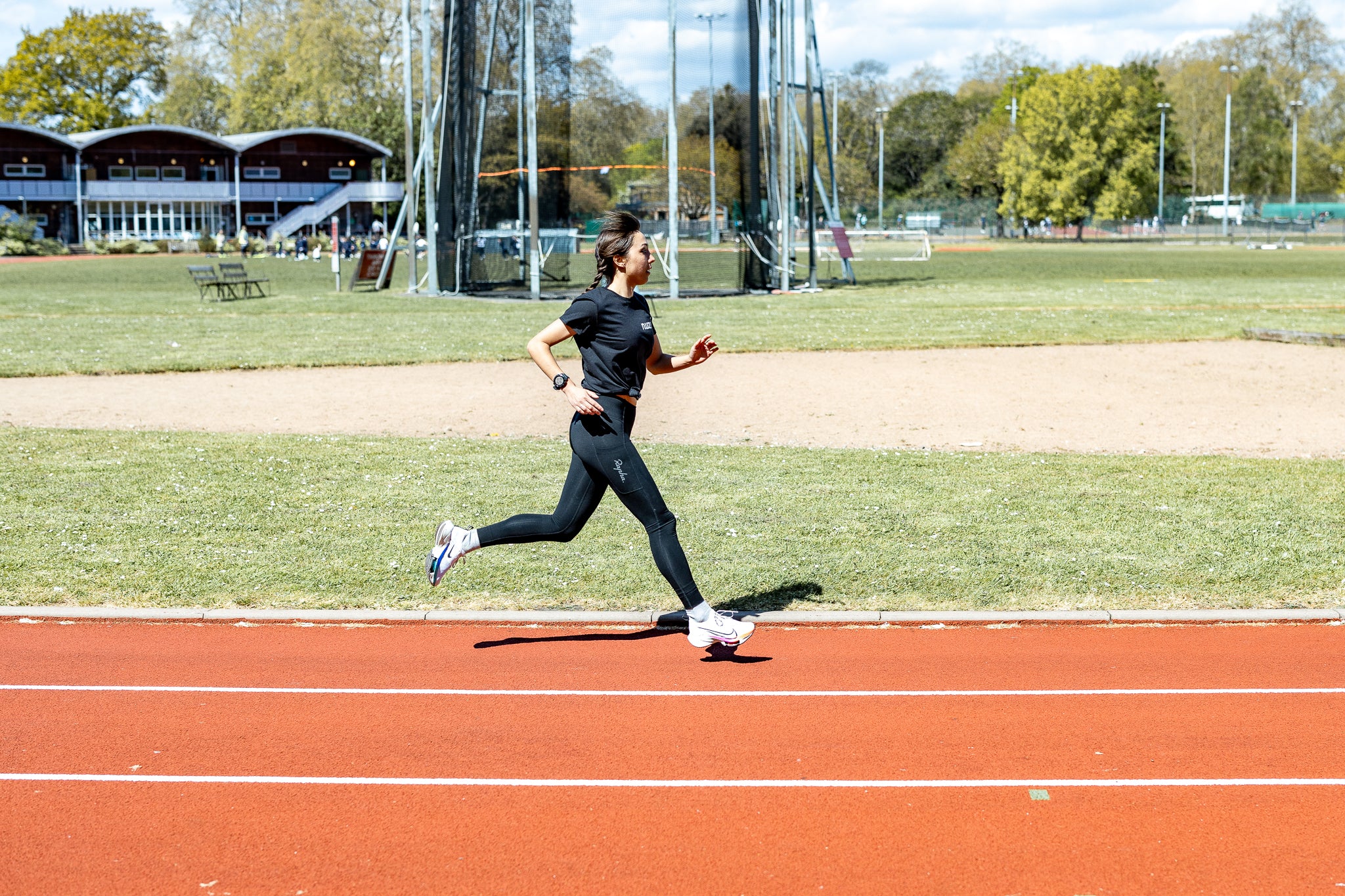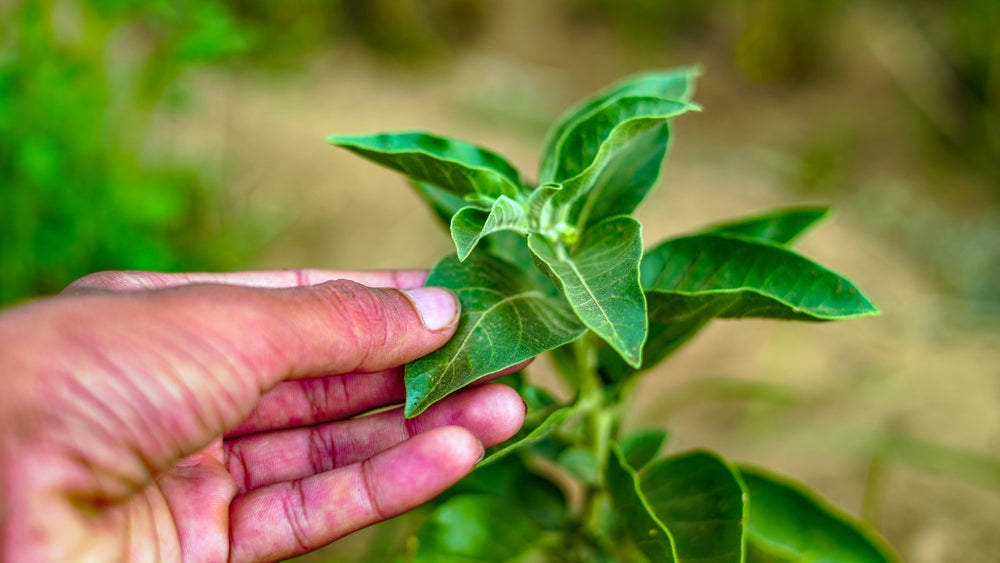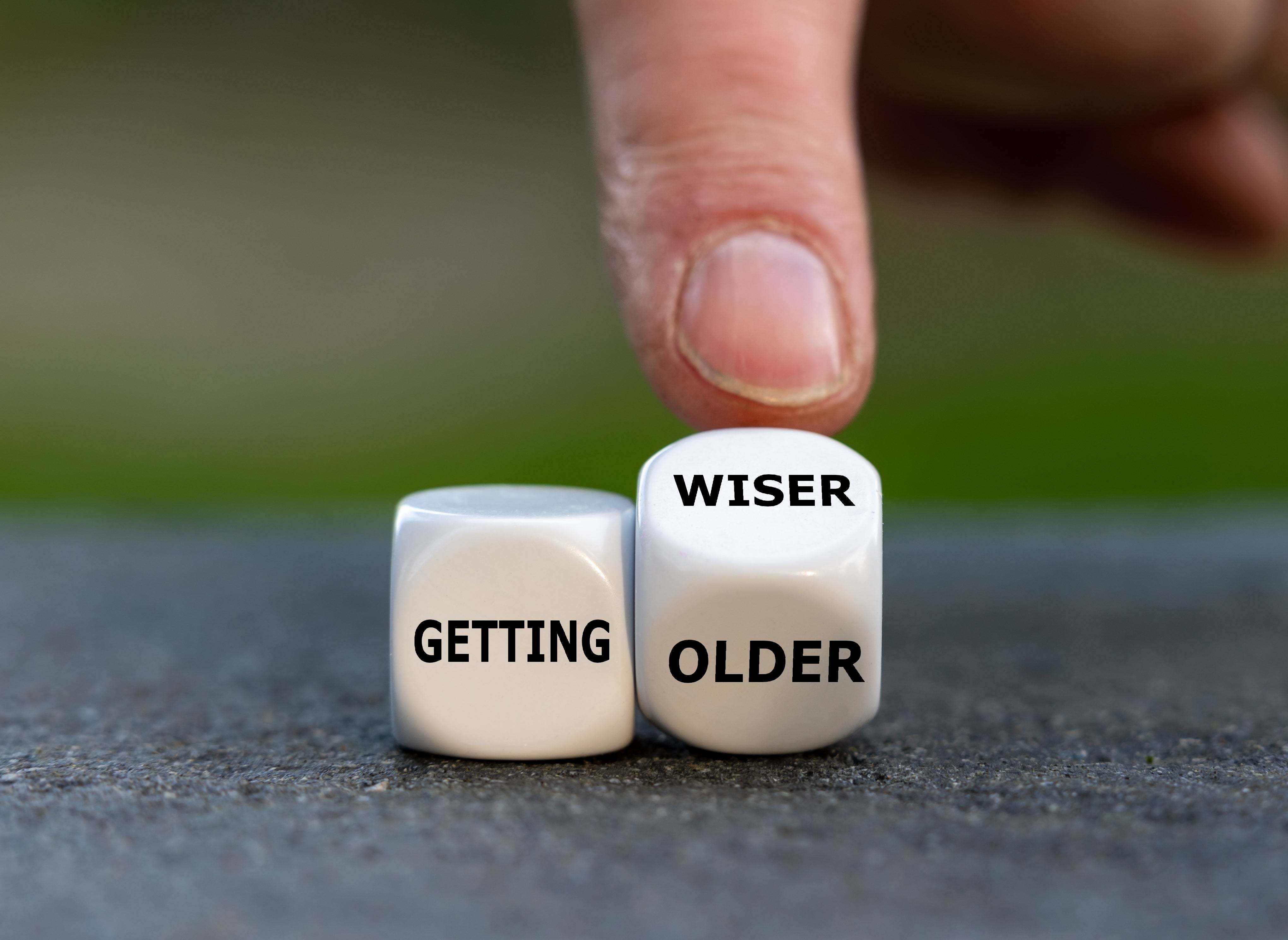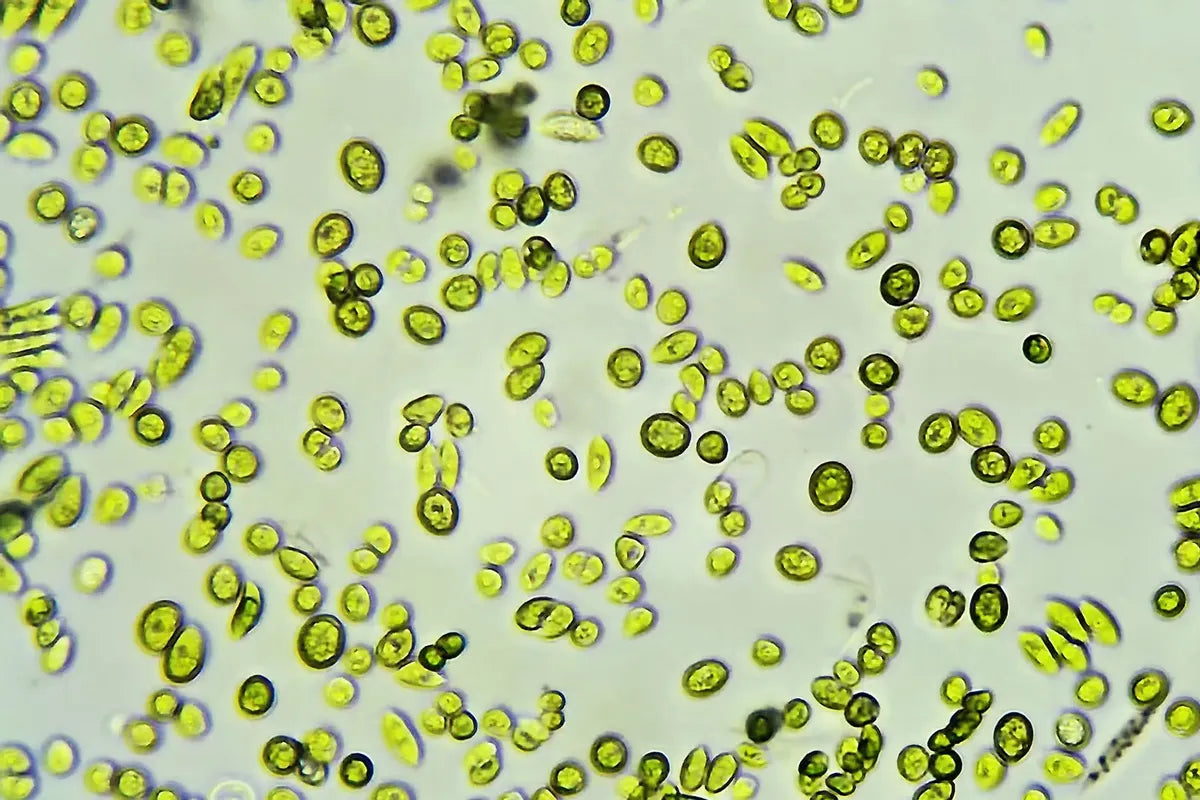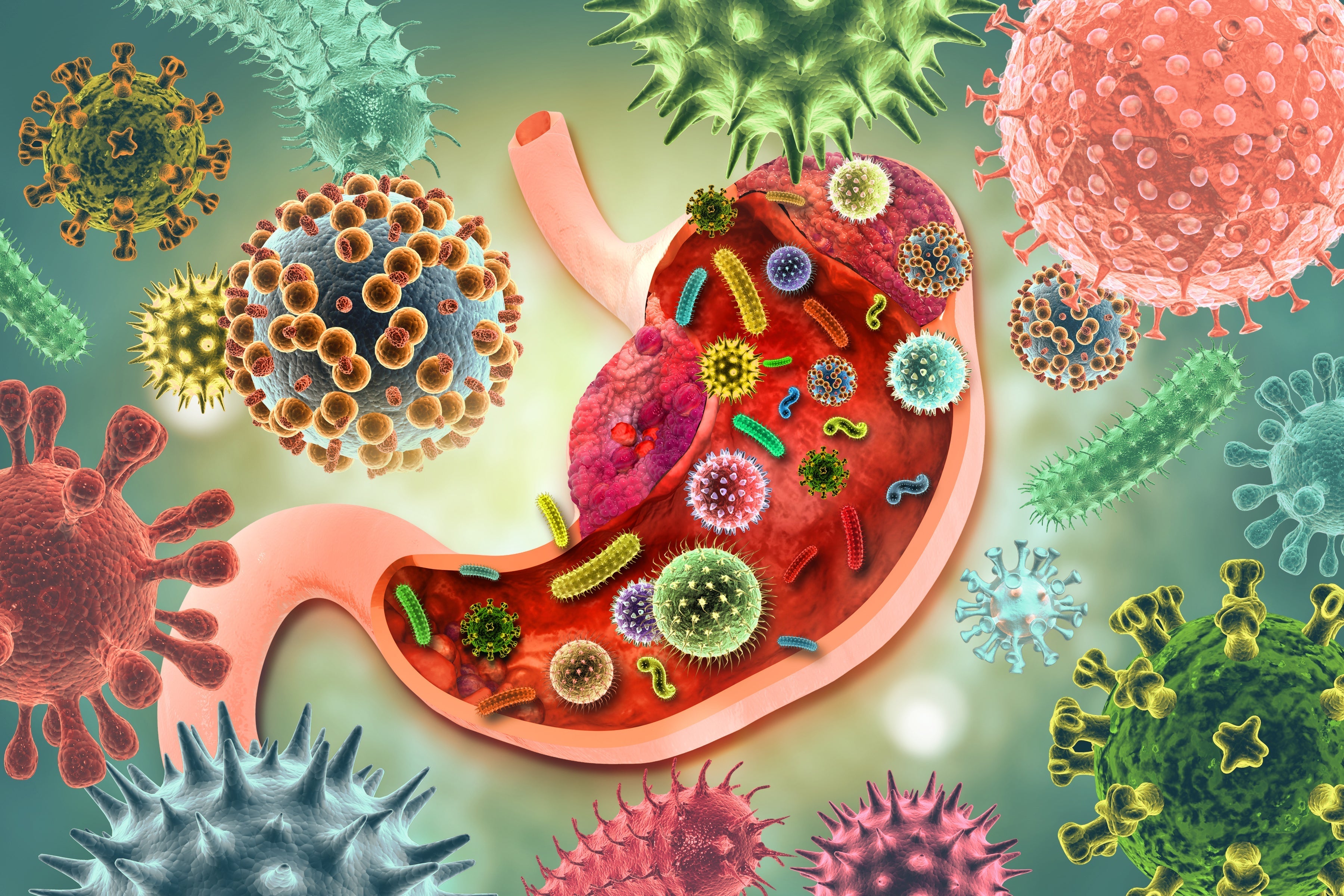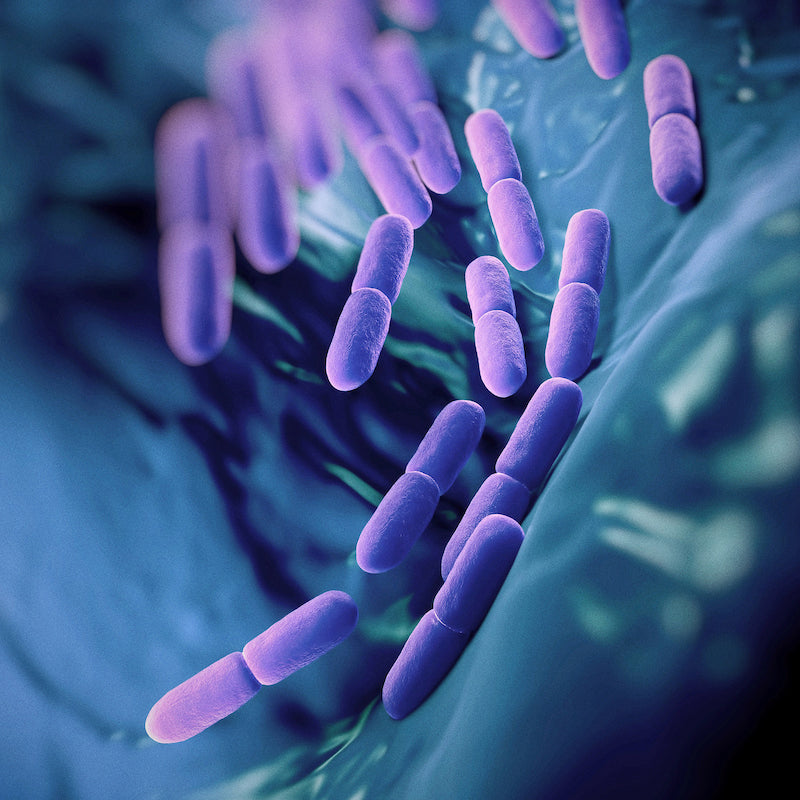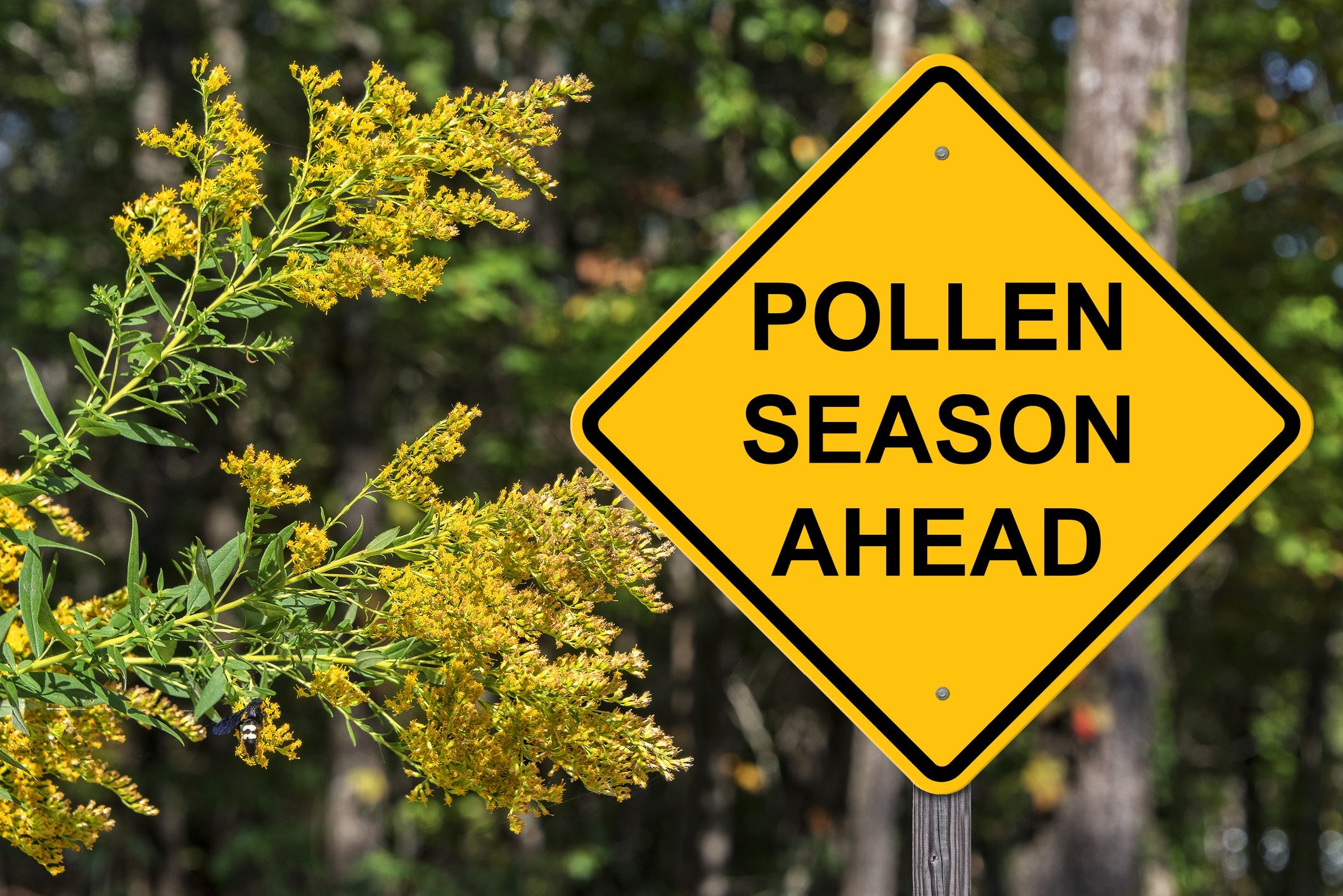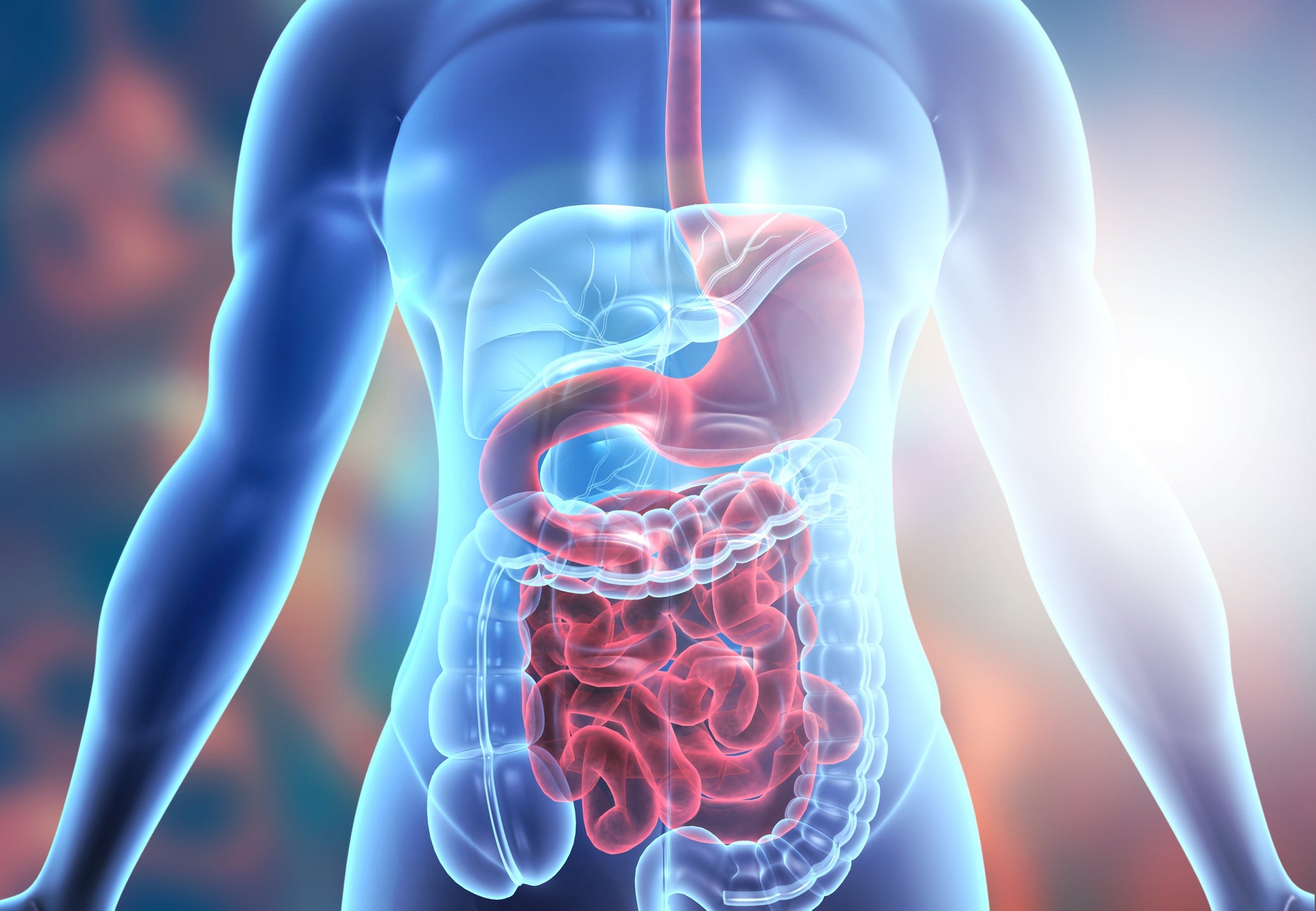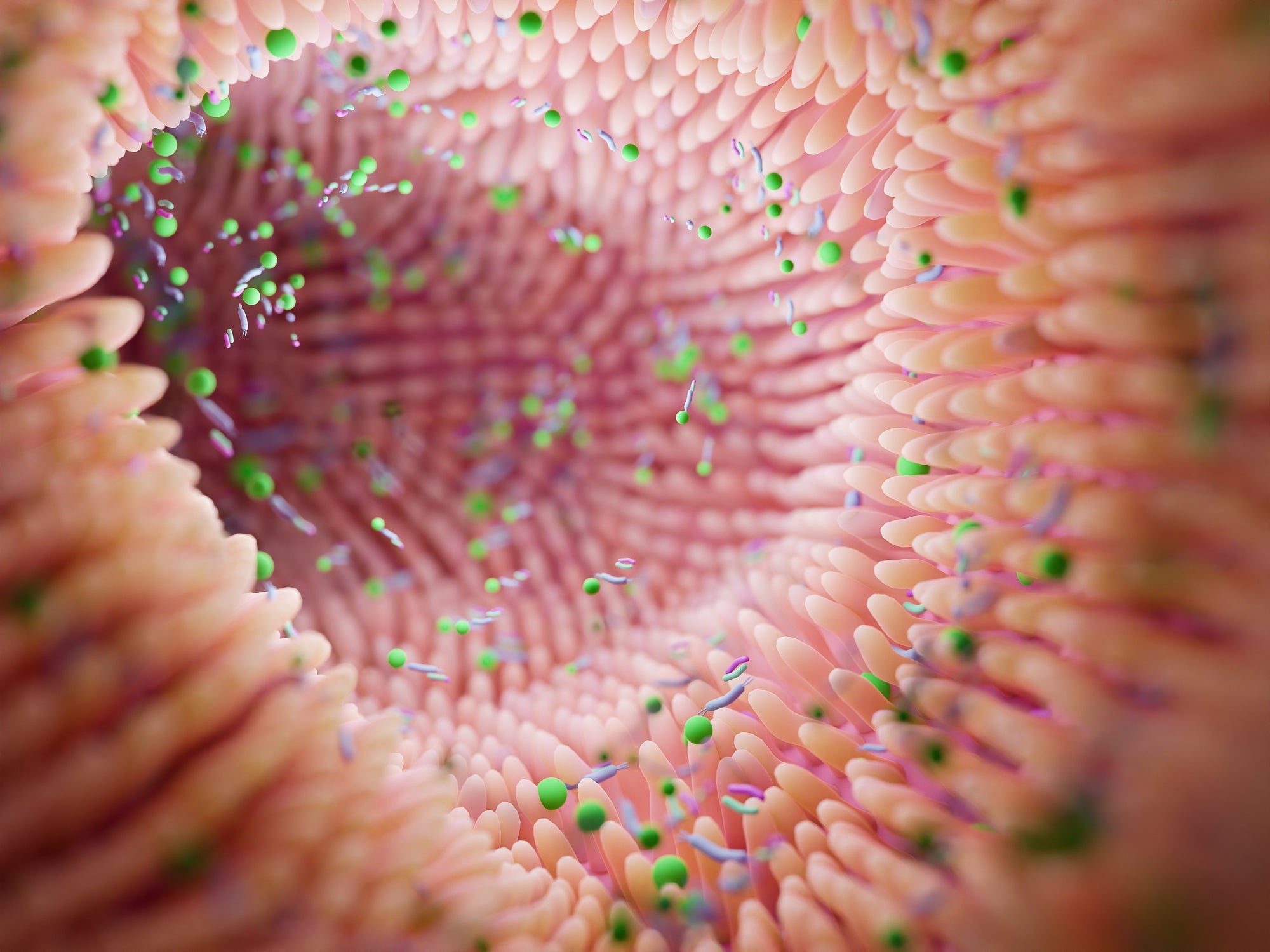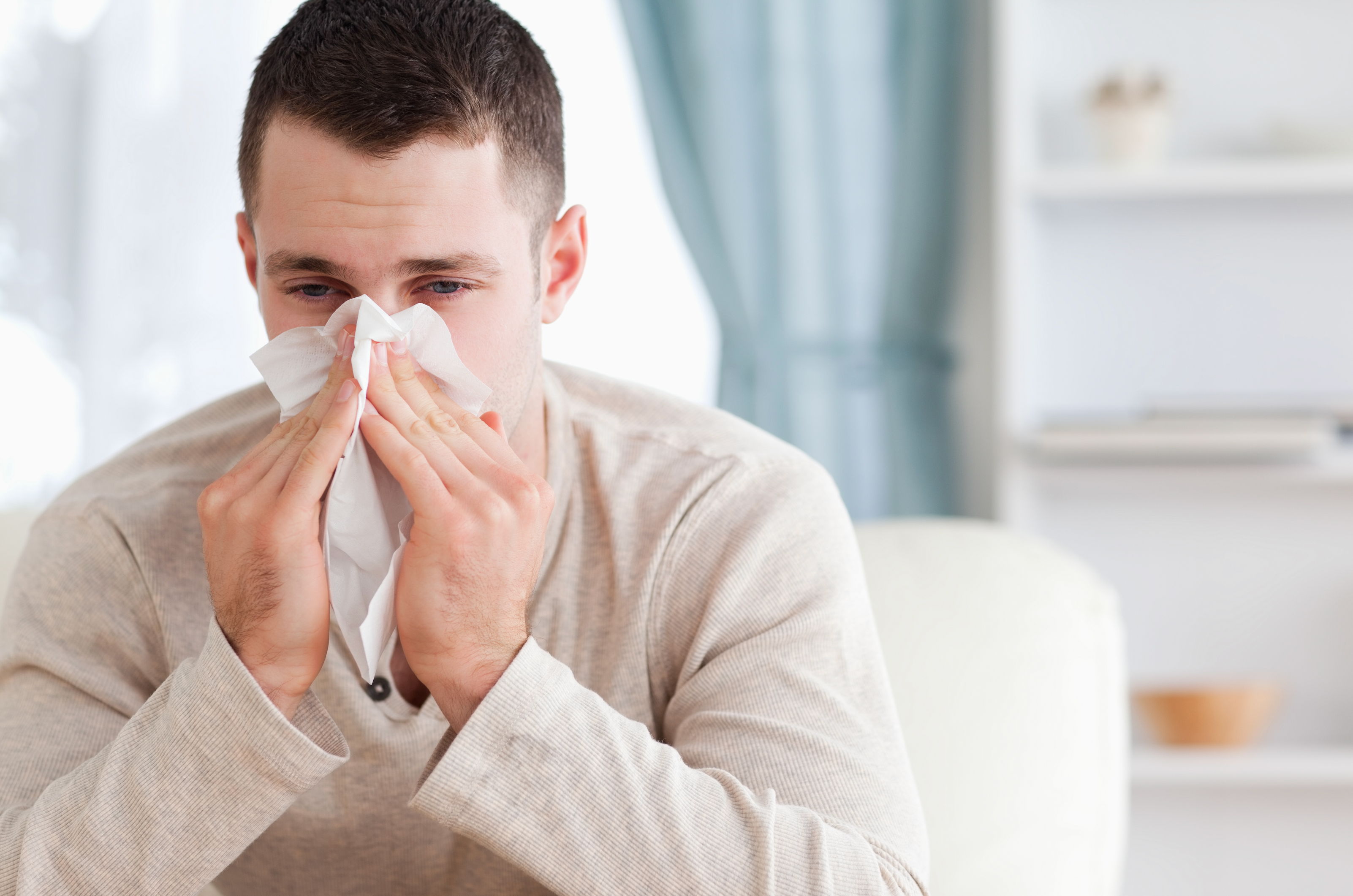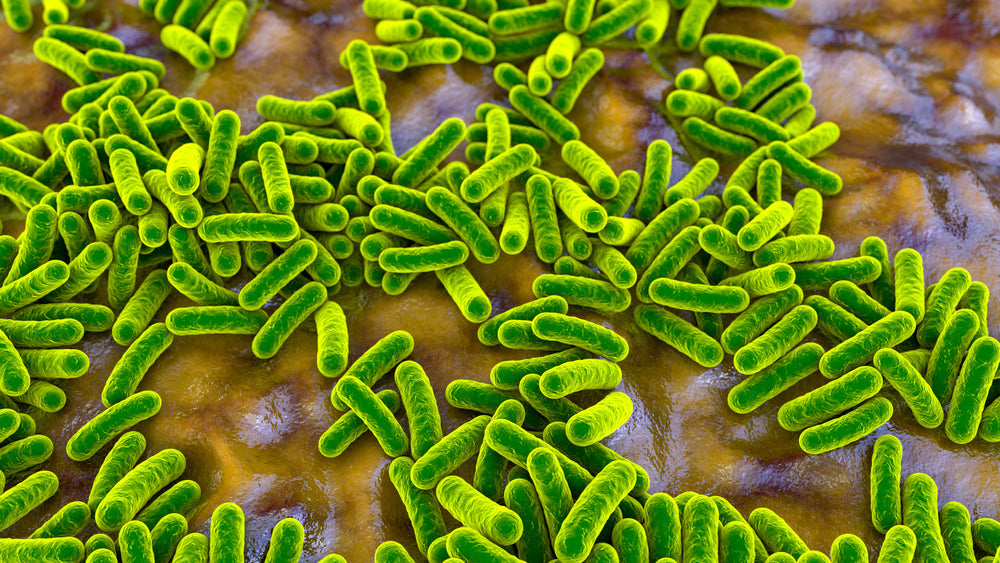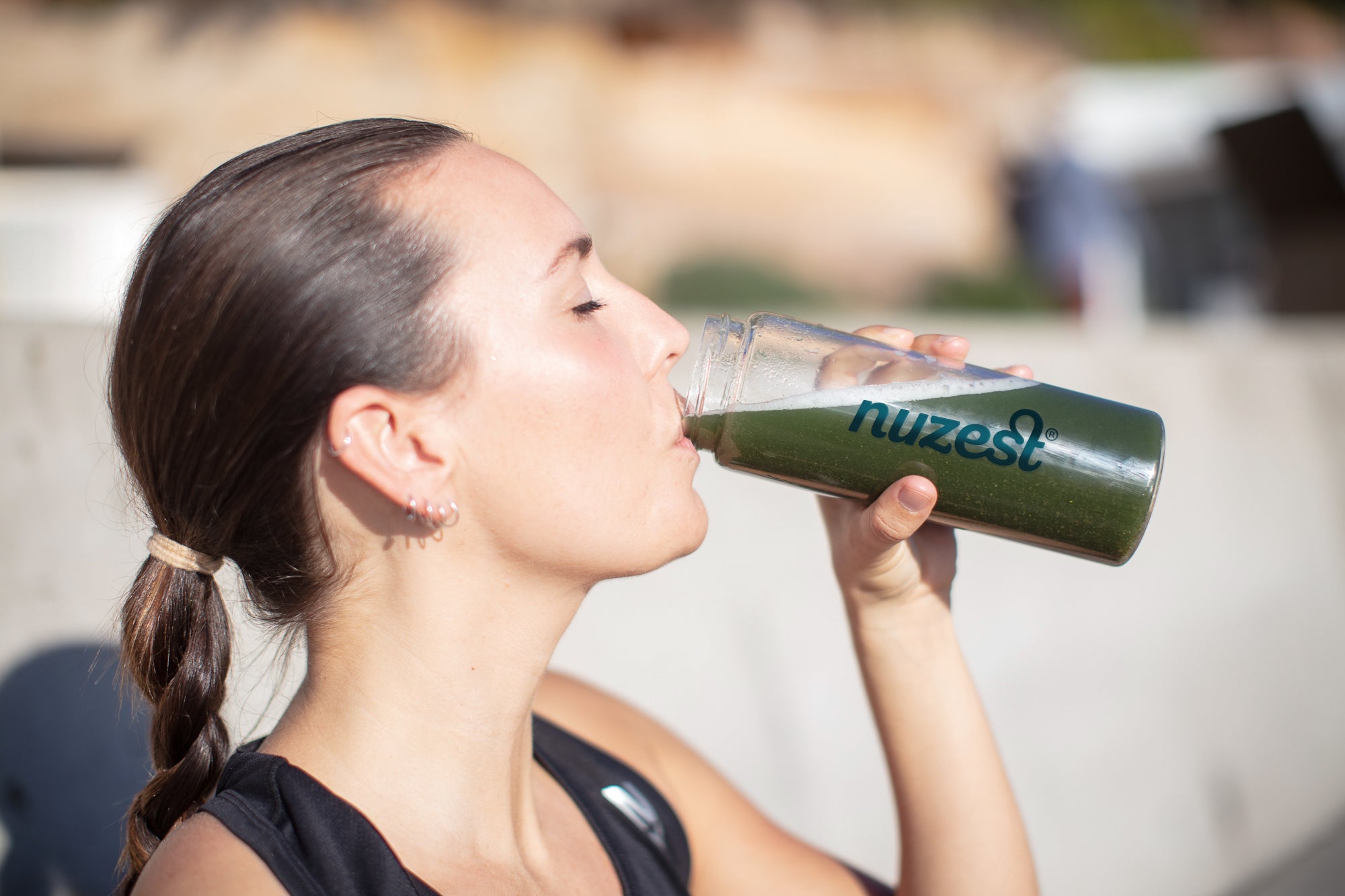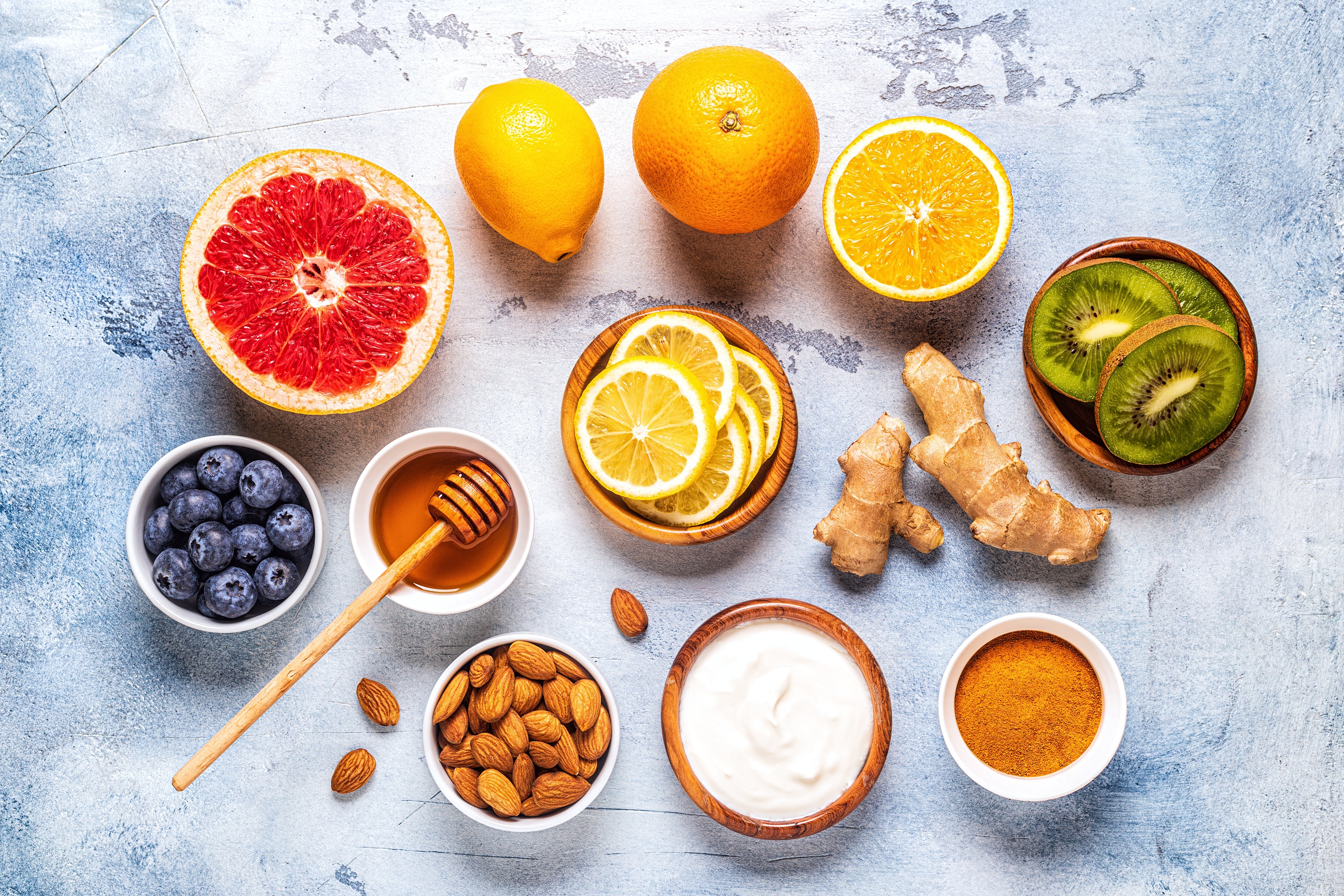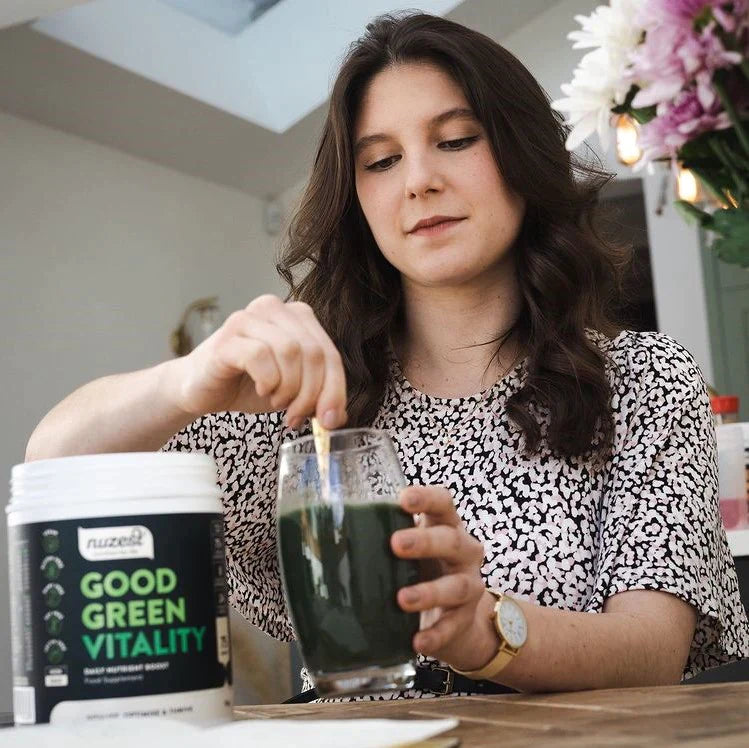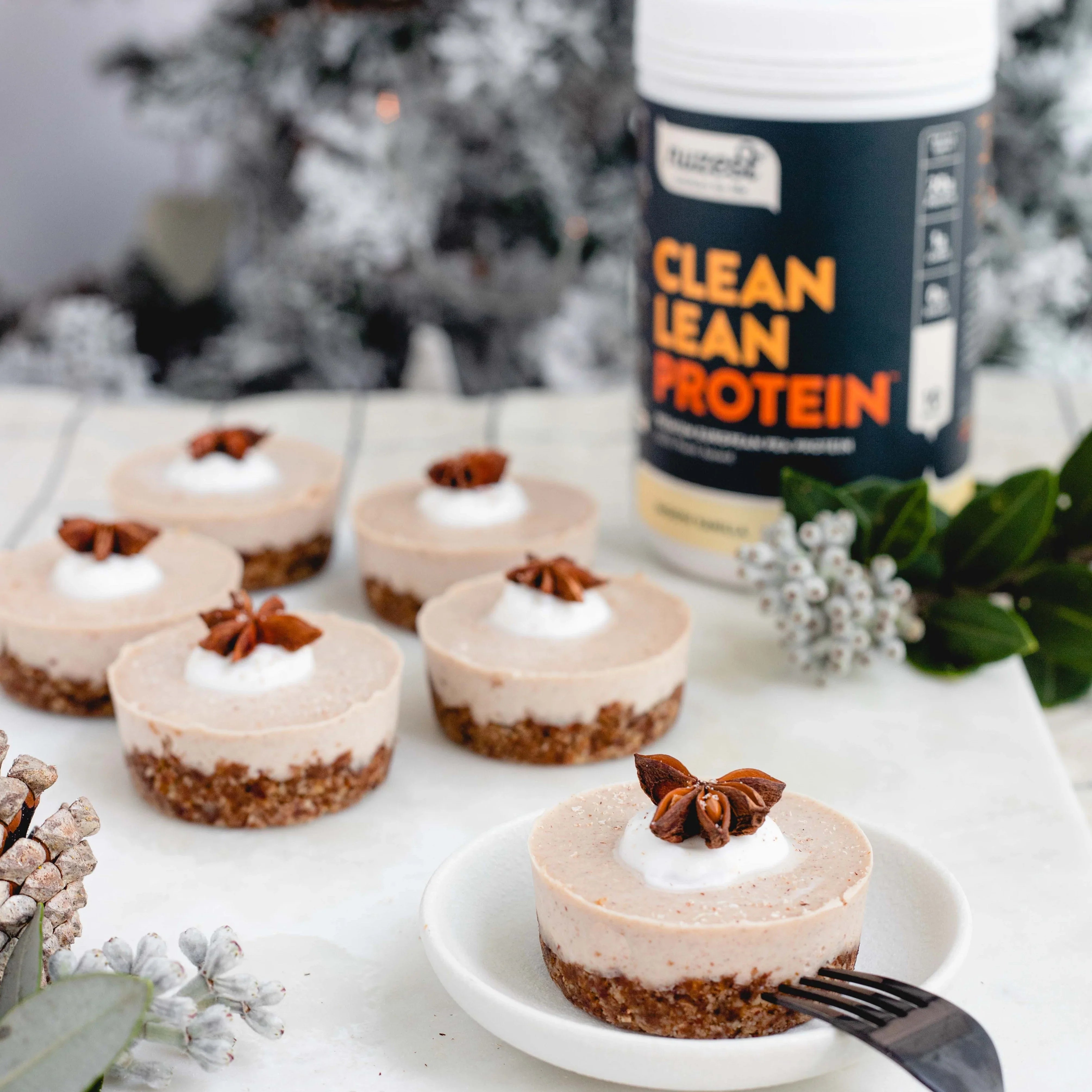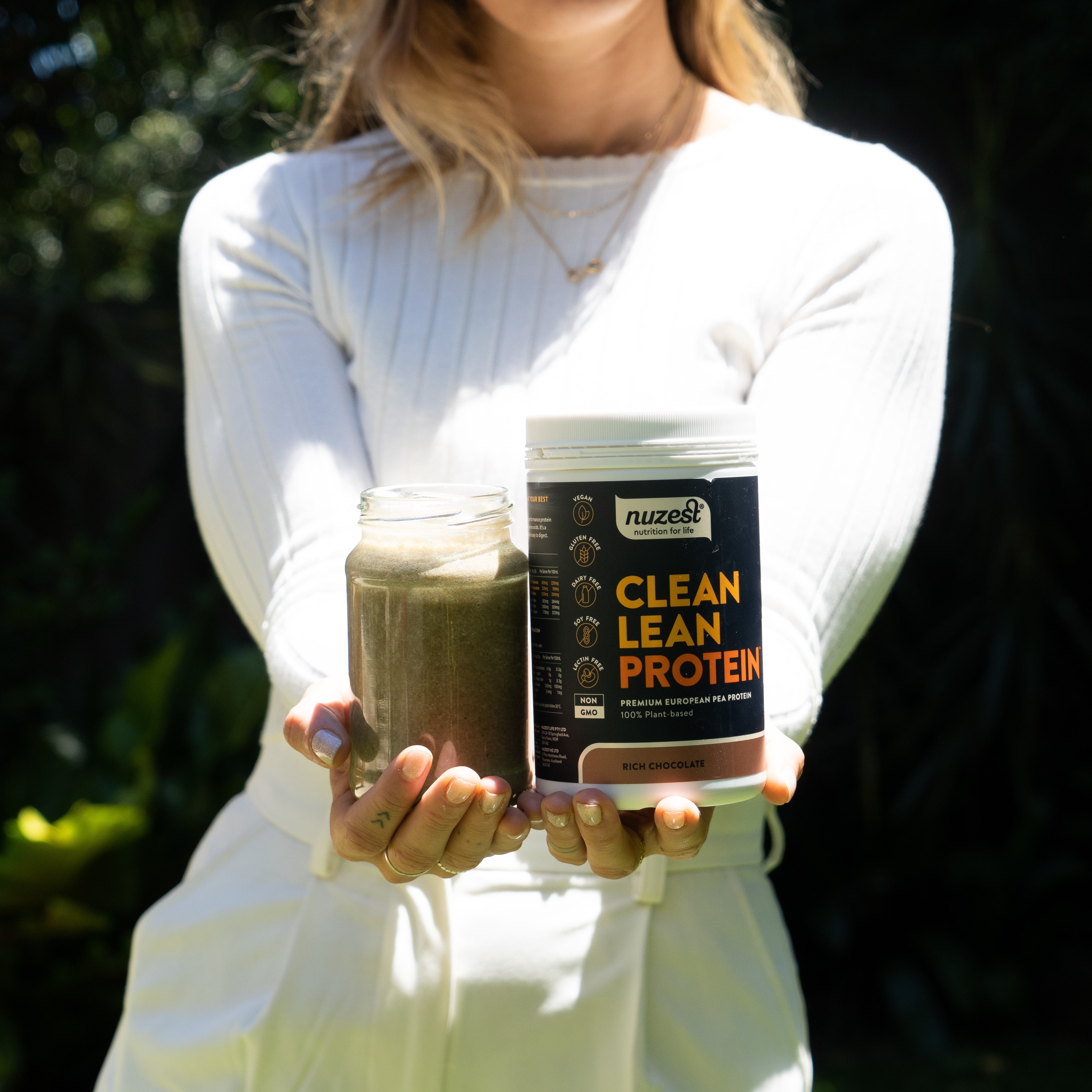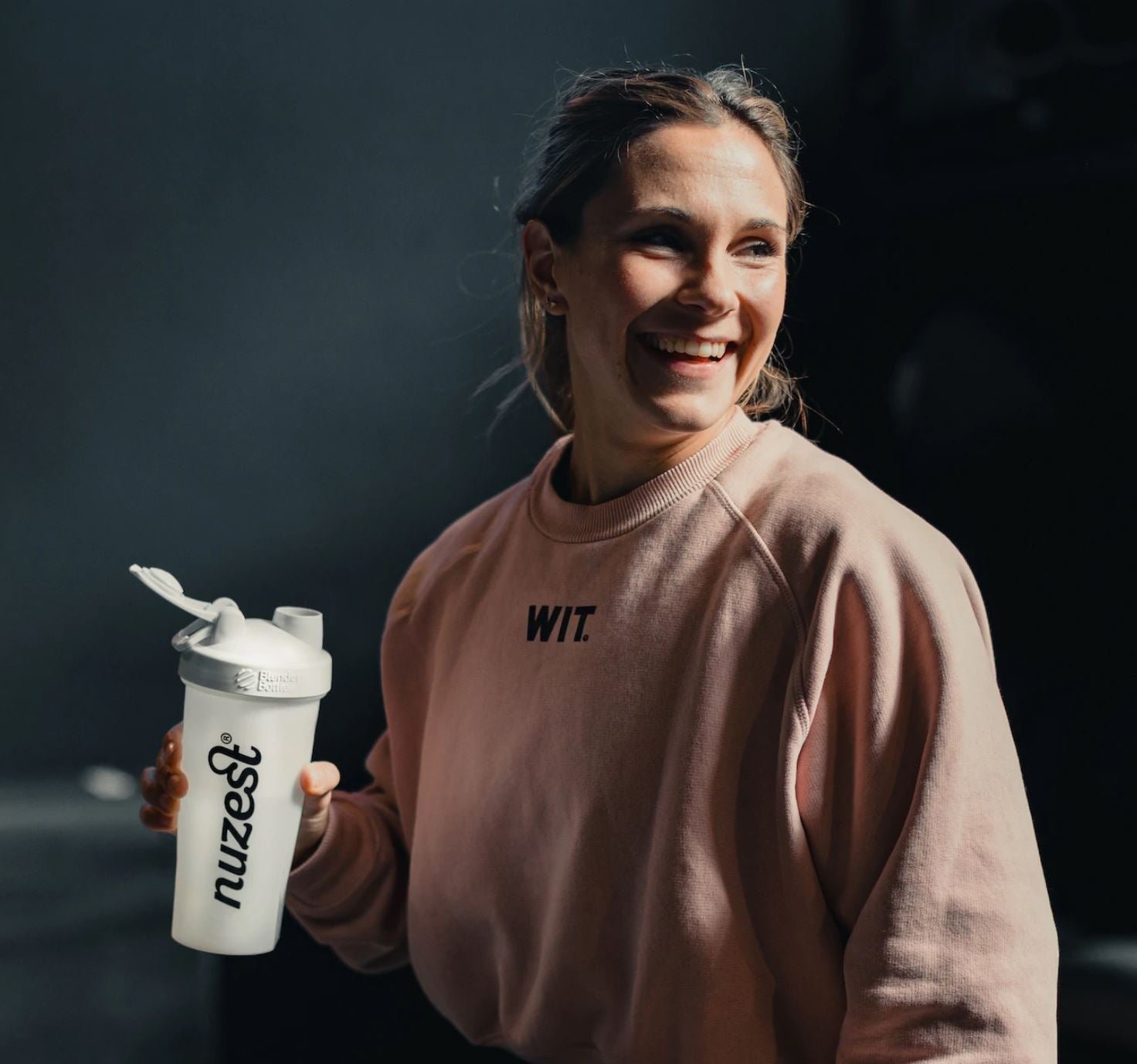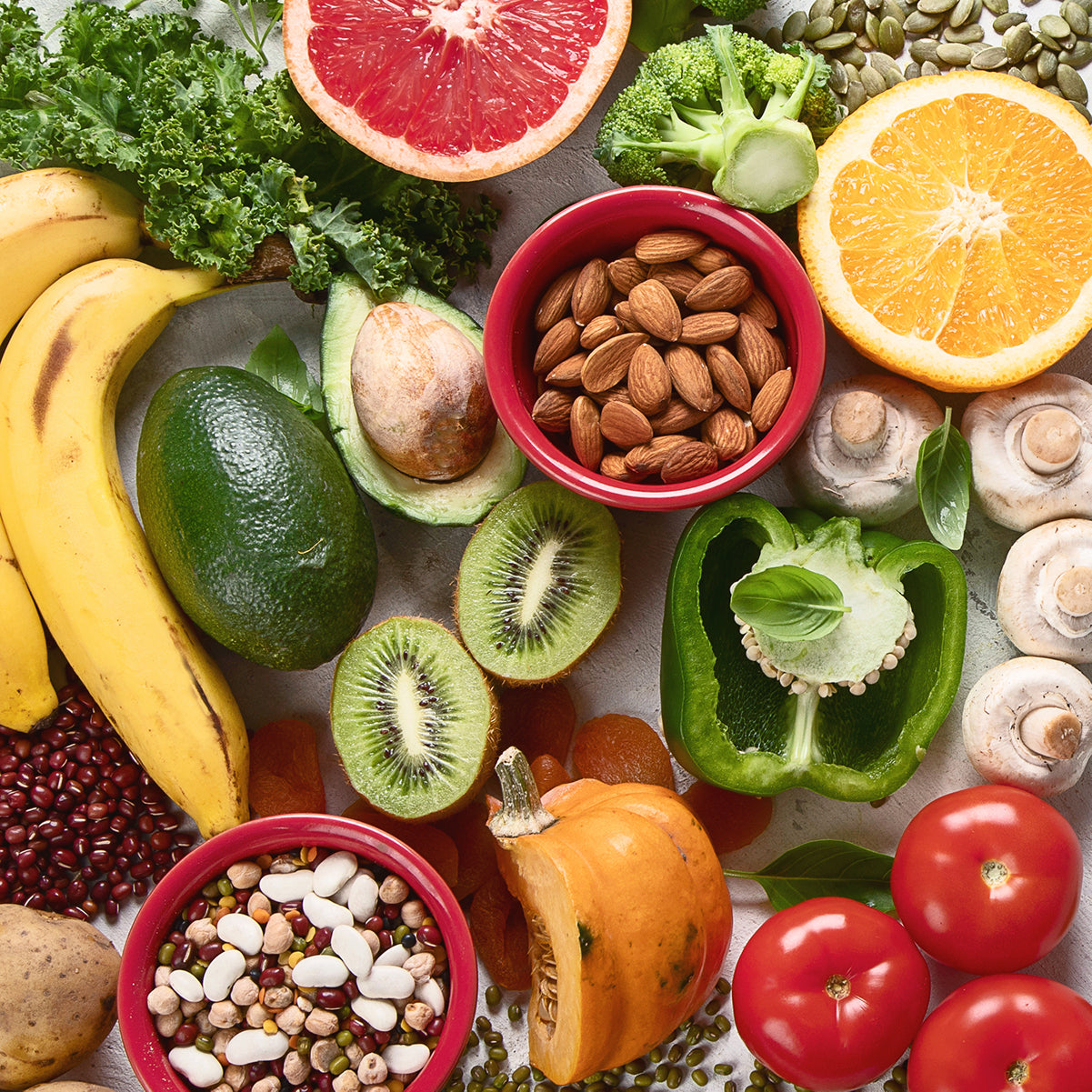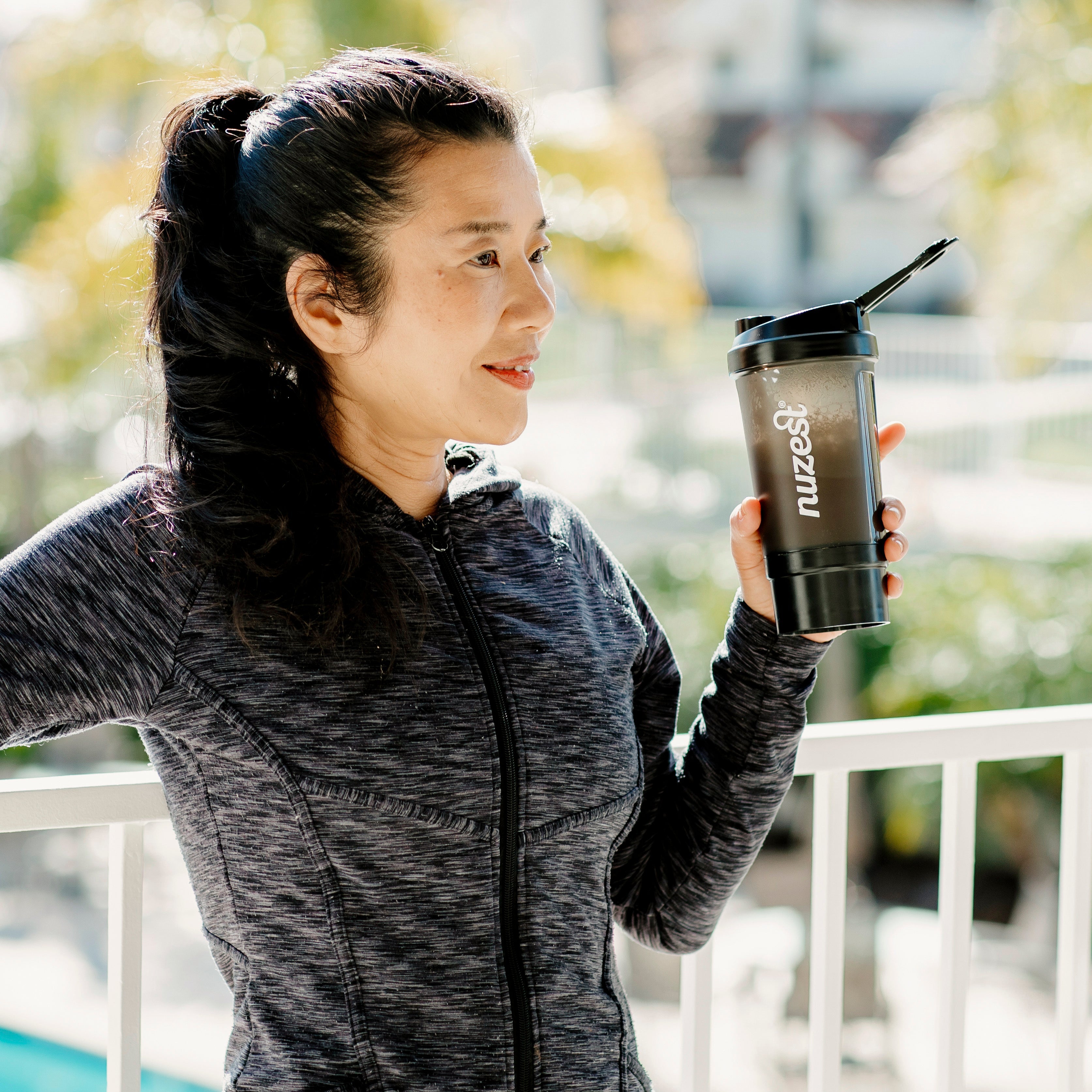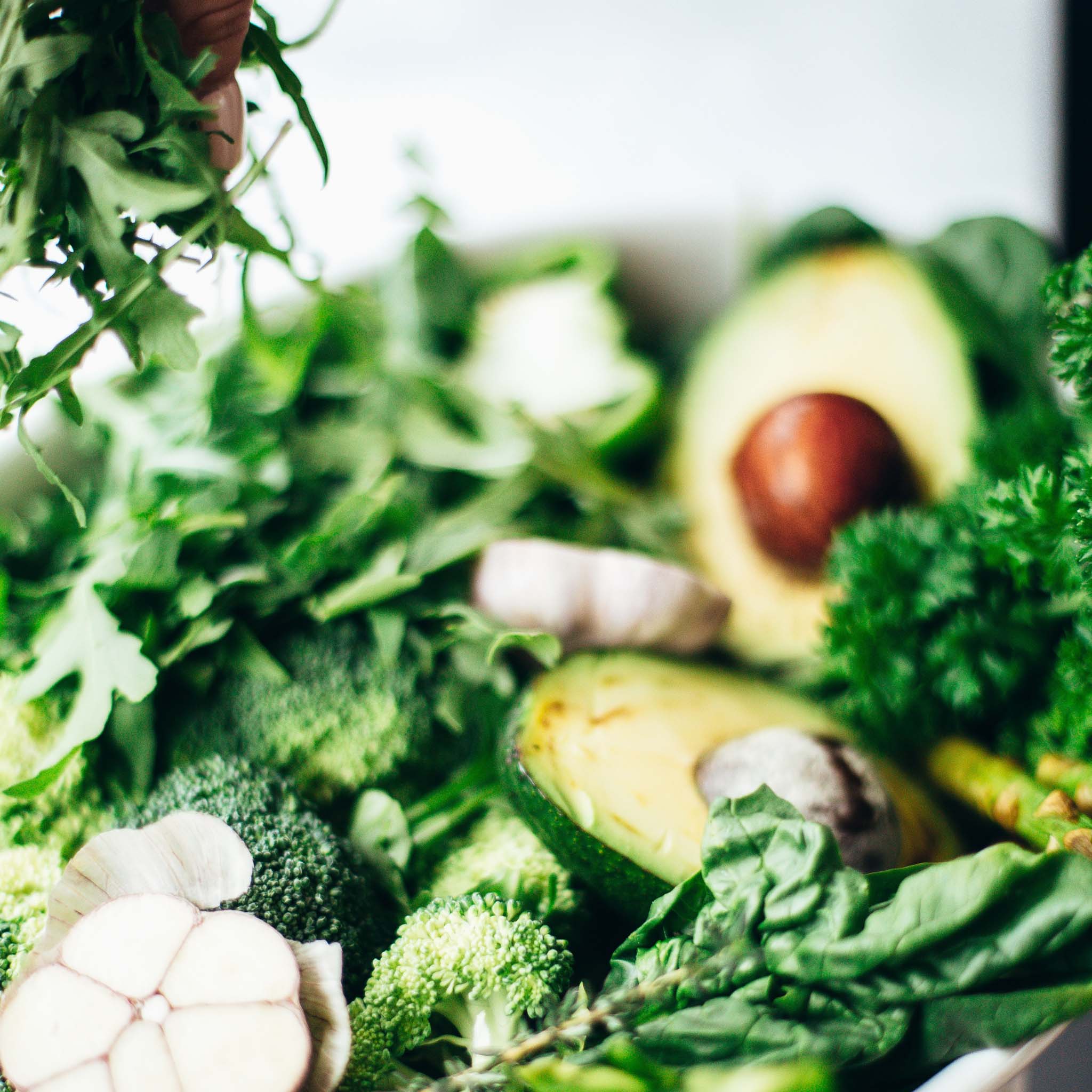Author: Megan Jones (Adv.Dip.NutMed, BHsc.NutMed)
Ageing is an inevitable process – in fact it's happening to all of us. According to the World Health Organization (WHO), the entire population is ageing, with the number of people aged 65 and older projected to be 1.6 billion by 2050.[1]
How we age, however, is prefaced by healthy behaviours throughout life.
The fact is, we all want to maintain good health as we get older. Every single person in every country should have the opportunity to live a long and healthy life. And, although healthy ageing is a journey and a process, it is likely to mean different things to different people. To some it might mean living independently at home, while for others, it might mean having the best possible physical and mental health or maintaining social connections with family, friends, and the wider community.
Here in our latest blog series on healthy ageing, we delve into the driving factors behind living that fulfilling and vibrant later life that we all hope for. Since diet – which includes the use of food supplements like Nuzest’s Good Green Vitality and Clean Lean Protein - is one of the key modifiable factors when it comes to preventing age-related diseases and preserving overall good health while ageing[2], we have chosen to explore the science associated with nutrition, metabolism, immunity and lifestyle choices, as they contribute to longevity. We also look at the nuances of physical and mental wellbeing, with each blog offering valuable insights and practical tips. Read on to unravel the secrets to not just adding years to your life, but life to your years.
Our four-part blog series includes:
1. Ageing Gracefully: Unveiling the Power of Immunity-Boosting Habits for Healthy Ageing
As we age, our immunity naturally declines.[3] In fact, our body’s innate immune response is the most affected biological function when it comes to age-related changes[4] – and with a direct correlation to our nutritional status.
Senescence – which is the biological process of ageing, contributes not only to this immune decline, but also to an increase in inflammatory processes which in turn can cause further immune dysfunction. The subclinical accumulation of pro-inflammatory factors is termed ‘inflammageing’.[5]
Research states that eating foods rich in micronutrients and containing an appropriate macronutrient balance, whilst maintaining an active lifestyle can help to mitigate risks associated with ageing, immunosenescence and inflammageing.[6] [7]
If you are curious to read more about how and why ageing affects our immune system, and the part that nutrition plays in health ageing, click here.
2. Navigating Healthy Ageing with the Power of Protein
The process of ageing itself is heavily influenced by nutrition. And, more specifically, by dietary protein. In fact, daily protein intake greater than the recommended amount shows not only potential for improvement in muscle health, but also in the prevention of age-related muscle loss, and in helping to maintain energy balance, weight management, and more.[8] It is in fact this strong, healthy muscle mass, which supports such improvement in not only our overall health, but also our independence and functionality – something we all hope for as we enter our golden years![9]
Did you know: Our Clean Lean Protein contains approximately 20g of highly bioavailable and sustainable golden European pea protein per serve, making a significant contribution to our daily protein needs?
For more on the protein as it relates to healthy ageing, click here and read our latest article!
3. Mastering Metabolism: Nourishing Your Body Through the Ages
Most of us would assume that our metabolism slows down as we get older, however
the latest research in field of nutritional science debunks this myth![10]
It is actually a combination of both non-modifiable and modifiable factors (such as age, sex, body mass, body composition, physical activity, and illness) that affect our body’s total energy expenditure, and our metabolism.[11]
Did you know: Individuals with a higher percentage of lean muscle mass generally have higher energy requirements? Lean muscle tissue burns kilojoules more rapidly than body fat - in fact, fat cells are ‘sluggish’ and burn far fewer kilojoules than most other tissues and organs of the body.[12]
If you are interested in supporting your body’s metabolism using the latest science in dietary and lifestyle modifications, click here.
4. The Lifelong Nutritional Journey: Nourishing Every Life Stage
Good nutrition not only on a day-to-day basis, but throughout the entire lifespan is fundamental - for infants to grow into healthy adults and with subsequent progression through to old age.
Even during pregnancy, the developing foetus relies entirely on the mother's nutrition for growth and development - meaning what we consume while pregnant can not only influence our own health, but also affect the health of the baby.[13]
For infants breastfeeding, and during the transition to early childhood, nutrition continues to play a pivotal role.[14]
Did you know? While adulthood is considered the time when nutrition becomes a crucial in maintaining health and preventing chronic disease, nutritional requirements for adolescents may exceed those of adulthood![15]
Click here to read more about the nutrition that is required for each life stage, plus our 3 top nutrients to support and optimise your overall health and wellbeing!
References:
- https://www.who.int/news-room/fact-sheets/detail/ageing-and-health
- https://www.ncbi.nlm.nih.gov/pmc/articles/PMC8707325/
- https://www.ncbi.nlm.nih.gov/pmc/articles/PMC3582124
- https://www.ncbi.nlm.nih.gov/pmc/articles/PMC9261332/
- https://www.ncbi.nlm.nih.gov/pmc/articles/PMC6146930/
- https://www.ncbi.nlm.nih.gov/pmc/articles/PMC9903079/
- https://www.nature.com/articles/s42255-021-00483-8
- https://www.ncbi.nlm.nih.gov/pmc/articles/PMC4924200
- https://pubmed.ncbi.nlm.nih.gov/26791164/
- https://pubmed.ncbi.nlm.nih.gov/34385400/
- https://pubmed.ncbi.nlm.nih.gov/34283417/
- https://www.sciencedirect.com/topics/immunology-and-microbiology/basal-metabolic-rate
- ncbi.nlm.nih.gov/pmc/articles/PMC7550962/
- https://www.ncbi.nlm.nih.gov/books/NBK148967/
- https://www.ncbi.nlm.nih.gov/books/NBK525242/


